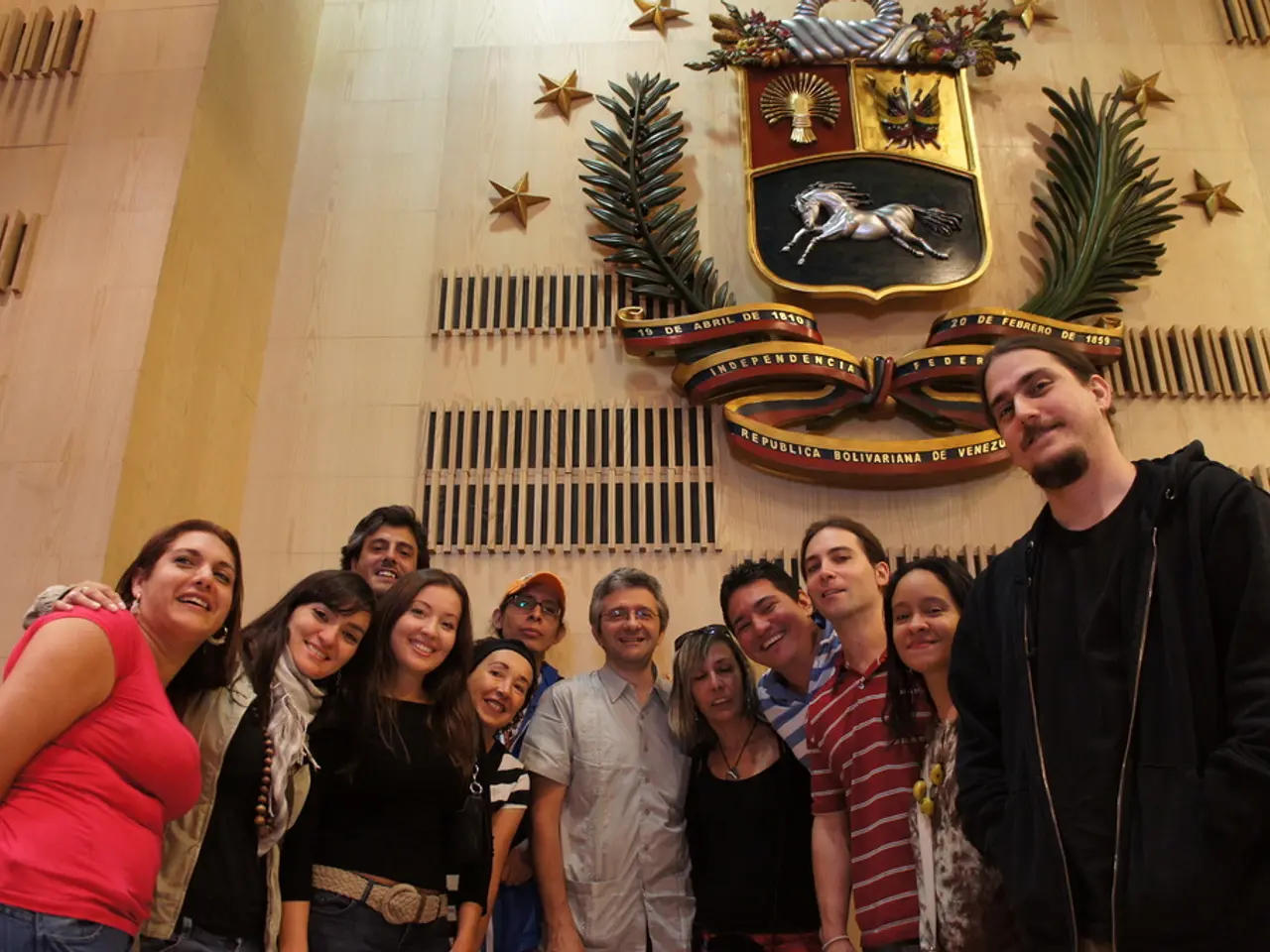Competition in the ownership and advancement of nuclear power technology intensifies.
In the realm of energy production, nuclear power is experiencing a resurgence, with countries worldwide recognising its potential for innovation and sustainable development.
Two Hualong One reactors are already operational in Pakistan, making it the most deployed third-generation nuclear reactor design globally. This reactor, a product of China and Russia's collaboration, is at the forefront of nuclear energy advancements.
Russia offers a comprehensive 'turnkey' nuclear power program, handling uranium mining to waste disposal, a proposition that has caught the attention of several nations. Vietnam, Mali, and Myanmar have signed agreements with Russia for nuclear power this year, joining a growing list of countries looking to harness nuclear energy.
China, aiming to become the largest producer of nuclear power, has partnered with Russia in this endeavour. They plan to put a reactor on the moon by 2035, a bold step towards space-based nuclear energy. China has also launched a dedicated fusion company under China National Nuclear Corporation (CNNC).
Across the Pacific, the United States and the United Kingdom have established the Atlantic Partnership for Advanced Nuclear Energy. This partnership aims to support investment and expedite approval times for reactor designs, fostering a conducive environment for nuclear power development.
In Europe, Centrica and X-Energy have launched a £10 billion project to build 12 modern small modular reactors in Hartlepool. If successful, these reactors could supply electricity to 1.5 million households this year. Rolls Royce, with SMR designs pending in America, has welcomed this news, further boosting the nuclear power sector.
Bill Gates' TerraPower is now considering sites in the UK for its natrium reactors and energy storage systems. This could mark a significant step in the UK's nuclear power ambitions.
Nuclear power is not just about energy production; it offers technical skills, stable and lucrative jobs, and stimulated industrial advancement to developing countries. This is particularly evident in Cambodia, where the Cambodian government is considering nuclear power as a means for innovation and sustainable development. Russia is funding an 'Information Center for Nuclear Studies' in Cambodia to facilitate this process.
The potential for nuclear power is vast, with at least ten companies announcing transatlantic deals. Some, like Last Energy, are expected to receive $109 million dollars of subsidy-free investment.
The race for nuclear power supremacy is on, with President Trump's continued support crucial for maintaining American global supremacy in this field. NASA has declared its intention to have a reactor on the moon by 2030, as part of a plan to put a reactor in orbit and counter potential exclusionary zones. The stated purpose of the planned moon reactor is to facilitate oxygen and water production, which is the first step for moon colonization.
As the world moves towards a more sustainable future, nuclear power is poised to play a significant role, offering a reliable source of energy and driving technological innovation.
Read also:
- Catastrophe at a U.S. Steel facility in Pennsylvania results in the loss of two lives. crucial details unveiled
- Auto Industry Updates: Geotab, C2A, Deloitte, NOVOSENSE, Soracom, and Panasonic in Focus
- Liverpool unveils plans for expanding its electric fleet: intends to incorporate 50 new electric buses
- Republican Representative Buddy Carter from Georgia discusses solar energy, electric vehicles, and nuclear power.




